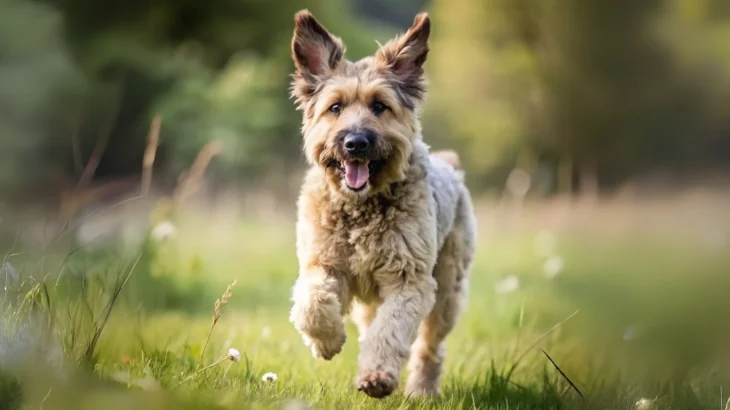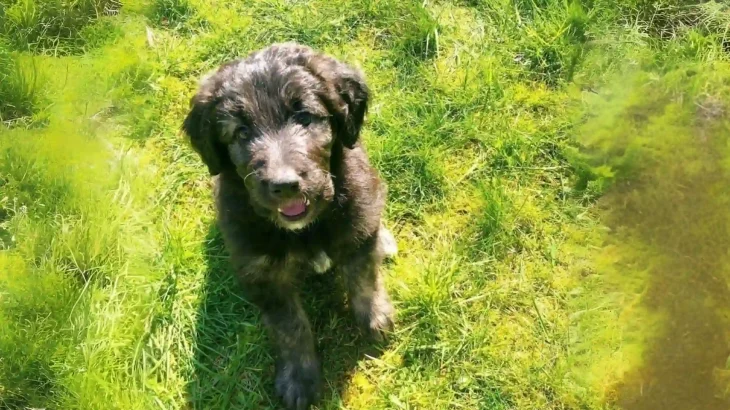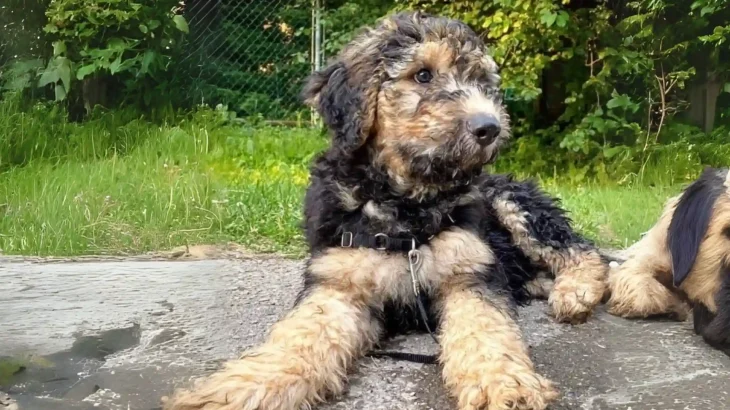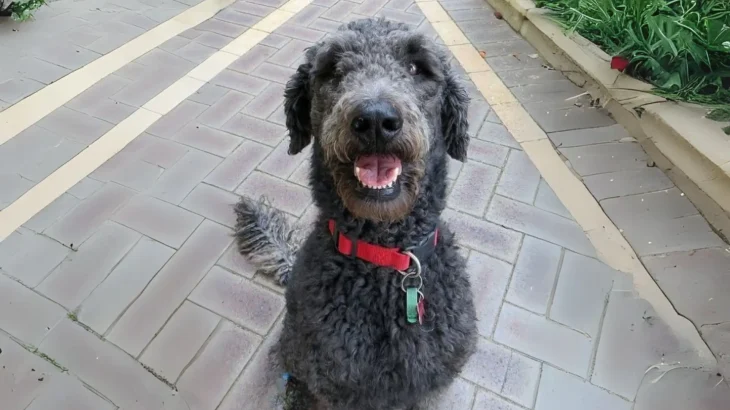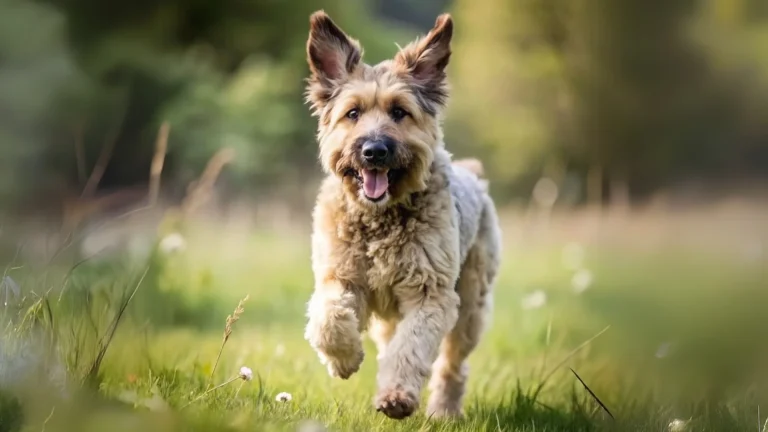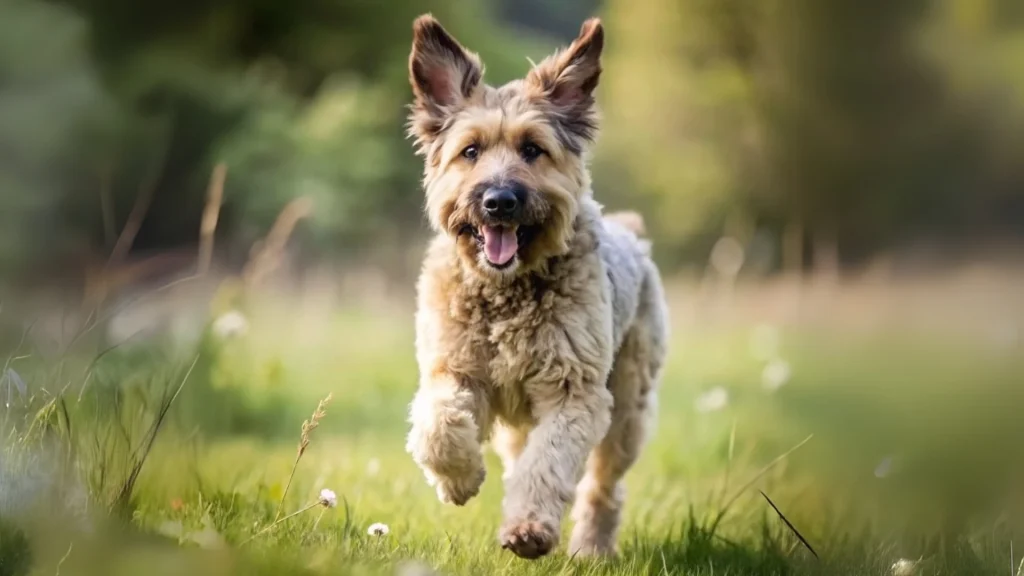Deciding whether to adopt or buy a German Sheeppoodle puppy depends on factors like cost, health transparency, and ethical perspectives. Buying from a reputable breeder often gives you access to detailed health history and breed purity, while adoption can be a more affordable and compassionate choice, offering a home to a dog in need.
| Criteria | Buying from Breeder | Adopting from Shelter/Rescue |
|---|---|---|
| Cost | Usually higher, often between $1,500-$3,000 due to breed demand and lineage. | Lower adoption fees, typically $100-$400, often including vaccinations and spay/neuter. |
| Health History | Comprehensive health screening and genetic testing usually provided. | Health history may be incomplete or unknown; basic health checks usually done. |
| Age Availability | Primarily puppies for early socialization and training. | Variety of ages, including adults with established temperaments. |
| Temperament Insight | Breeder shares lineage temperament traits and early behavior details. | Shelter staff or fosters provide behavior reports, but full history may be limited. |
| Ethical Considerations | Supports responsible breeding when choosing ethical breeders; risk of puppy mills if not careful. | Promotes animal welfare by rescuing dogs and reducing shelter populations. |
| Breed Purity & Pedigree | Pedigree documents and breed purity guaranteed. | Breed may be mixed or uncertain; pedigree usually unavailable. |

